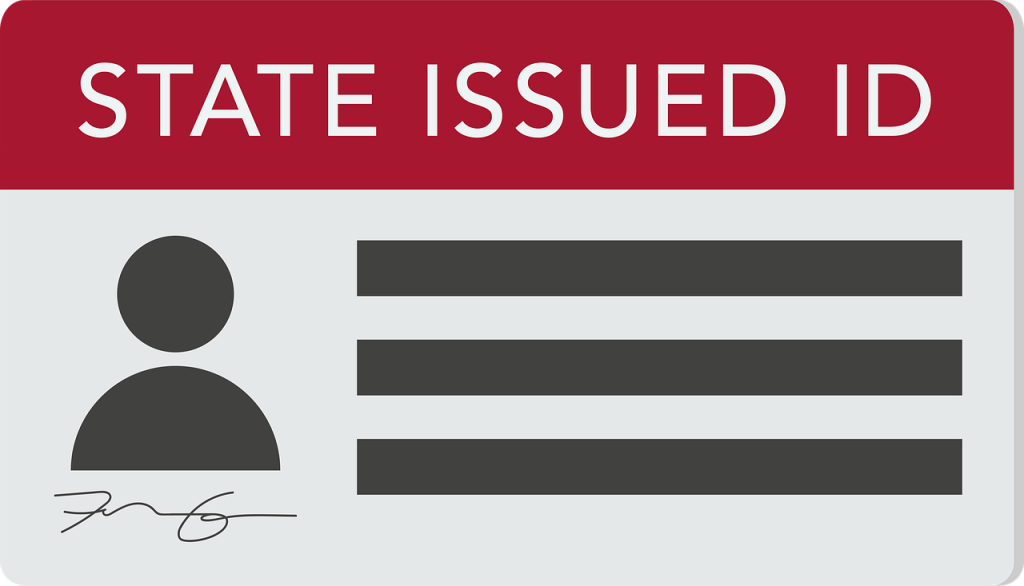Coinbase Customers in Netherlands Required to Provide KYC Data

A recent announcement from Coinbase disclosed that its clients in Netherlands should expect a number of changes. This is because the cryptocurrency exchange will have to ensure compliance with the 1977 Sanctions Act. In accordance with this law, non-custodial wallets will now have to comply with know-your-customer (KYC) requirements.
If a user based in the Netherlands wishes to use the Coinbase platform for sending crypto to a third-party wallet, they will have to meet KYC requirements, which means the name of the wallet owner will have to be identified, the purpose of making the transfer, along with the recipient’s residential address.
Sending funds will be tricky
Dutch users of the Coinbase crypto exchange will have to face these tough guidelines when they are sending cryptocurrency to a non-custodial, or third-party wallet. From June 27th, 2022, all clients wishing to use this service would have to comply with KYC requirements, or else they will not be able to send crypto via the Coinbase platform.
According to one of the leading crypto exchanges in the world, these requirements have been imposed in accordance with local regulations. Virtual asset service providers (VASPs) will need to share KYC data for any outgoing transactions that involve third-party, or non-custodial wallets. This is mentioned under the requirements of the Money Laundering and Terrorist Financing Prevent Act as well as the 1977 Sanctions Act.
The Netherlands Central Bank (DNB) and the Dutch Authority for Financial Markets (AFM) put together the 1977 Sanctions Act. This highlights that any VASP operating in the Dutch country, including Coinbase, would be required to identify the identity of the recipient and also disclose the purpose of the transaction.
When the new rule is applied to Dutch customers on Coinbase, they would have to check a box at the time of making a transfer. This means they have to disclose if they are sending funds to someone outside the country, or sending them to themselves. In the former case, they have to share the identity of the recipient.
Expansion expected
According to the blog post by Coinbase, users in Netherlands would have to share their full name, the reason for making the transfer and the recipient’s residential address. If they don’t have such details, then they would be required to obtain them before proceeding with the transaction. The crypto exchange said that all this data is needed when the transfer is made to a wallet address not under the exchange’s control.
Currently, this rule is only applicable to customers in the Netherlands, but there is also a possibility that the regulatory approach could also become applicable in other countries. Jeff Garzik, a Bitcoin Core developer, said that this could expand to other regions.
He tweeted that Coinbase was not to be blamed, as they were aware it was not ethical in the opinion of most crypto users and the exchange would never take this step voluntarily. He said that the enforcement of the Travel Rule would just be an ugly battleground.




